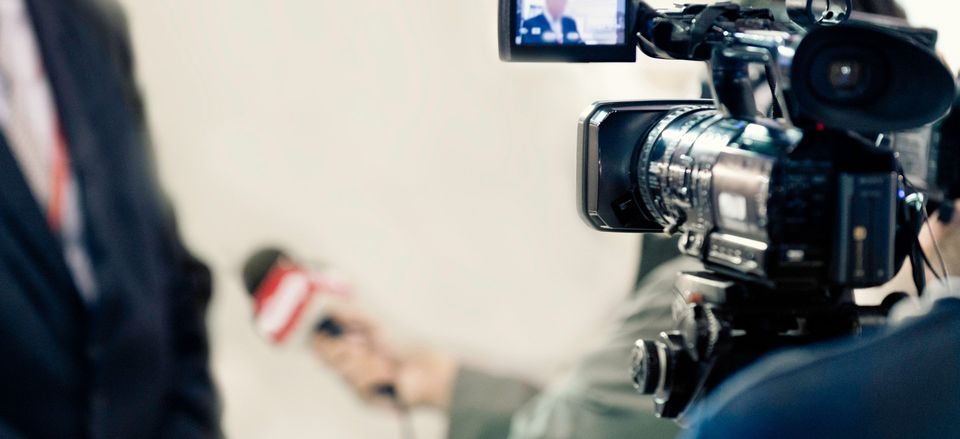Preparing for a News Media Interview
Preparation is critical to the successful outcome of a story.

Before stepping in front of a camera or even taking a call for a media interview, preparation is critical to the successful outcome of a story. Often, the news media will call on the leadership of an organization to obtain statements about a breaking news topic or story of interest. At other times, the media may have received a tip about the inner workings (often turmoil) of an organization and they are attempting to draw out a sensational story. Finally, at other times, the media is working hard to share a positive story about you, and they want your statements to support the facts.
Whether it is a crisis or the best possible news, your interview will impact the outcome of the story and thus, the public perception of you and the organization you represent. The power of persuasion should not be overlooked and in fact, should be harnessed in your media preparations. First and foremost, gather facts, and know the facts. Once you have a clear understanding of the facts related to the media inquiry, ask this question: What is my central message? Once you’ve established the core point you wish to convey, write it down and say it out loud. Does it truly sound and appear to capture the full spirit of your central point. If so, and especially if you will be the subject of a television interview, make your core message clear, concise and comprehensible. You will likely be given only seconds in a sound bite to make your case.
Once you have established the central message and you feel confident in it, think about the challenging and even uncomfortable questions that will be asked of you. Spend time preparing for these lines of questioning and know that as you prepare responses, you must learn to pivot or “loop” back to the core message. It is a skill that is not easy at first, and often honed over time as you are exposed to more interviews.
The best rule of thumb is to assume you are never “off the record.”
As for the moment you do stand before a camera or take a Zoom/call interview, ensure you are dressed professionally and take the time to be intentional about your body language and facial expression. Assume from the moment you are with a reporter, you are “on the record.” This point is important because everything you say and do (even when the camera does not appear to be on) is fair game for the reporter to use in the story - don’t let your guard down. If you say, “this part is not for the story, but just to explain…” everything you are saying is still on the record and may be used. The best rule of thumb is to assume you are never “off the record.”
After the interview is complete, ask the reporter when and where the story will air so that you have an expectation of when the public will see it. If you prepared and felt you were able to convey your core message, the likelihood that you controlled the interview is higher and the story outcome a better reflection of what you needed and wanted to accomplish.
For more in depth media training and tips for success in working with reporters, contact Susanna Fier Consulting, LLC at www.susannafierconsulting.com. Initial consultations are free of charge.
Media Contact
Company Name: Susanna Fier Consulting LLC
Contact Person: Susanna Fier
Email: Send Email
Phone: (603) 568-0383
Address: 5 Oak Lane
City: Stratham
State: New Hampshire
Country: United States
Website: susannafierconsulting.com



